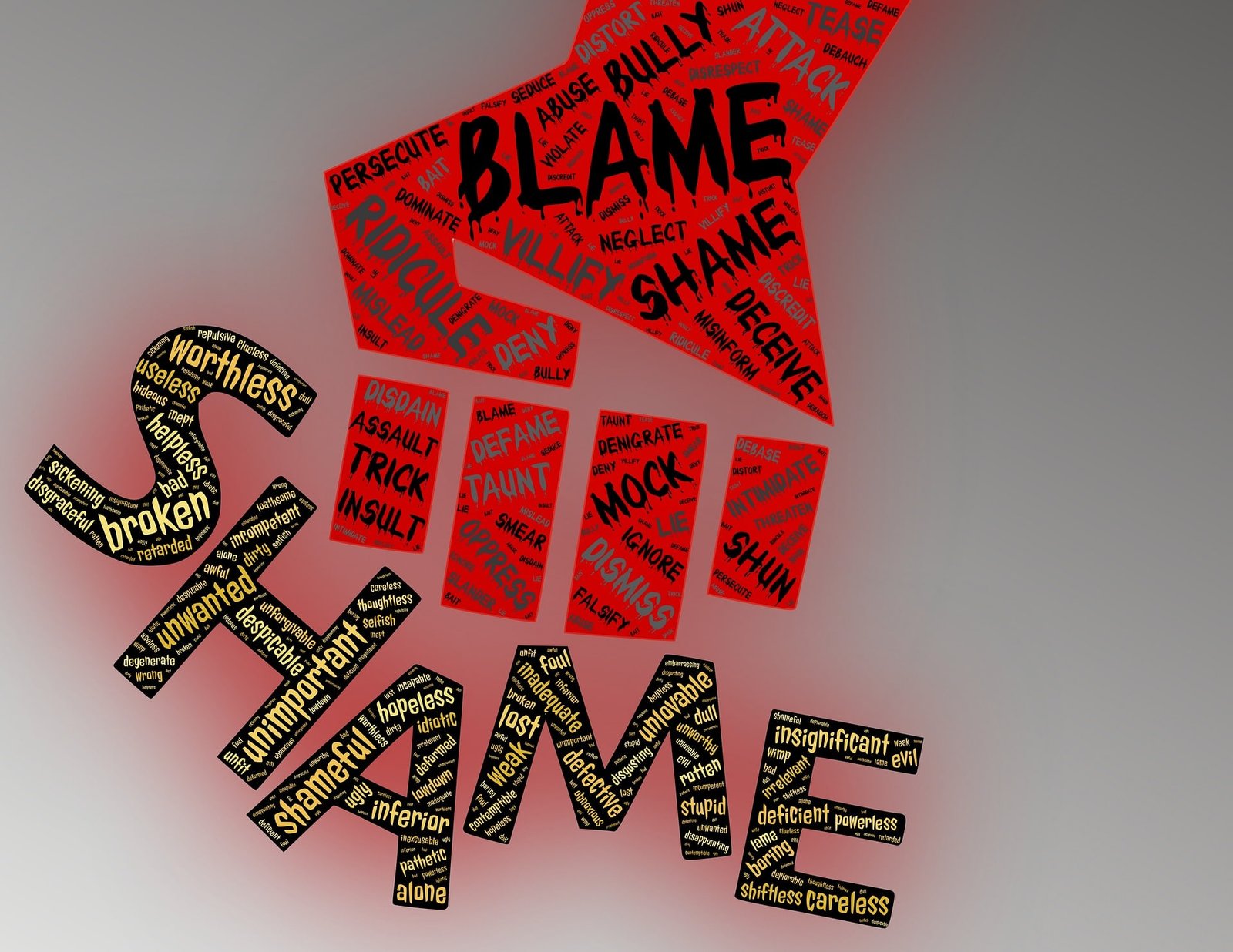James Comey’s recent book ‘A Higher Loyalty’ was released with much fanfare. But does the book tell us anything new about the Trump administration?
Former Director of the FBI, James Comey, is regarded by many as having played a decisive role in the 2016 presidential election by sending a letter to Congress announcing he had “learned of the existence of emails that appear to be pertinent to the investigation” into Hillary Clinton’s mishandling of sensitive materials. For better or worse, Mr Comey is widely viewed as having tipped the election in Donald Trump’s favour but was unceremoniously dismissed in May 2017. Why did this happen? Seemingly, the FBI’s investigations into Russian intervention into the presidential elections were becoming increasingly uncomfortable, causing President Trump to seek to limit them.
The inside story on what happened between Trump and Comey went on to become one of the most anticipated and talked about books of 2018. However, ‘A Higher Loyalty’ turns out to also be a rather disappointing one. One cannot help but feel that this book was written primarily for politicos and those hoping to learn more about how Trump governed from a very senior US government official. The first half of the book, however, fails to address them meaningfully. The first half of the book is composed of a series of musings on his early life, upbringing, experiences working in a supermarket, law clerk, and as an attorney in the New York area. While some of these reflections are interesting – particularly about leadership styles and the inner-workings of the America mafia – they are not what readers likely purchased this book to read about. All too often, Comey’s details are grindingly dry and drag into minutiae unlikely to interest the general reader. Perhaps writing his autobiography was an understandably cathartic experience for Comey, but it does the reader few favours.
The second half is better, offering the meat and potatoes that most readers would have presumably bought it for. Spanning the end of the Obama era to when he was unceremoniously fired, it is here that Comey writes about Russian intervention in American electoral politics, how the FBI and White House sought to respond it, and his frayed relationship with Donald Trump. Comey is keen to stress the importance of the White House, serving Presidents, the FBI, and FBI directors maintaining a healthy and professional distance from each other. It was interesting to read how perceptions of these relationships differed between administrations. Without revealing too many details, the extent to which Trump sought to co-opt Comey and the FBI into becoming subservient to him on a personal rather than political level was shocking. More is revealed during a description of a now infamous private dinner between the two men.
While bits of this book are interesting, overall, I was disappointed with ‘A Higher Loyalty’. I learned very little beyond what had already been said in Comey’s media appearances and television interviews, where the book’s juiciest parts had already been discussed in great detail. Unless you have a very compelling reason to want to read this book immediately, it would be best to borrow it from a local library, or wait until a suitably cheap second-hand copy comes up on Amazon or Ebay. Although it is somewhat interesting in parts, there is relatively little in here that you can’t learn from television interviews.






Article Discussion